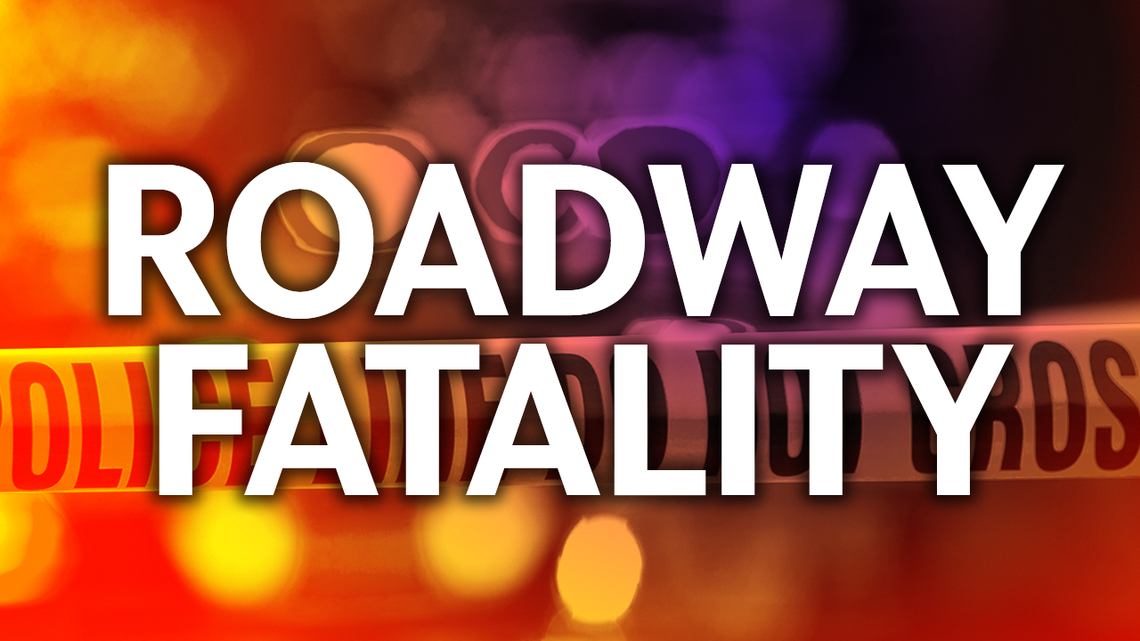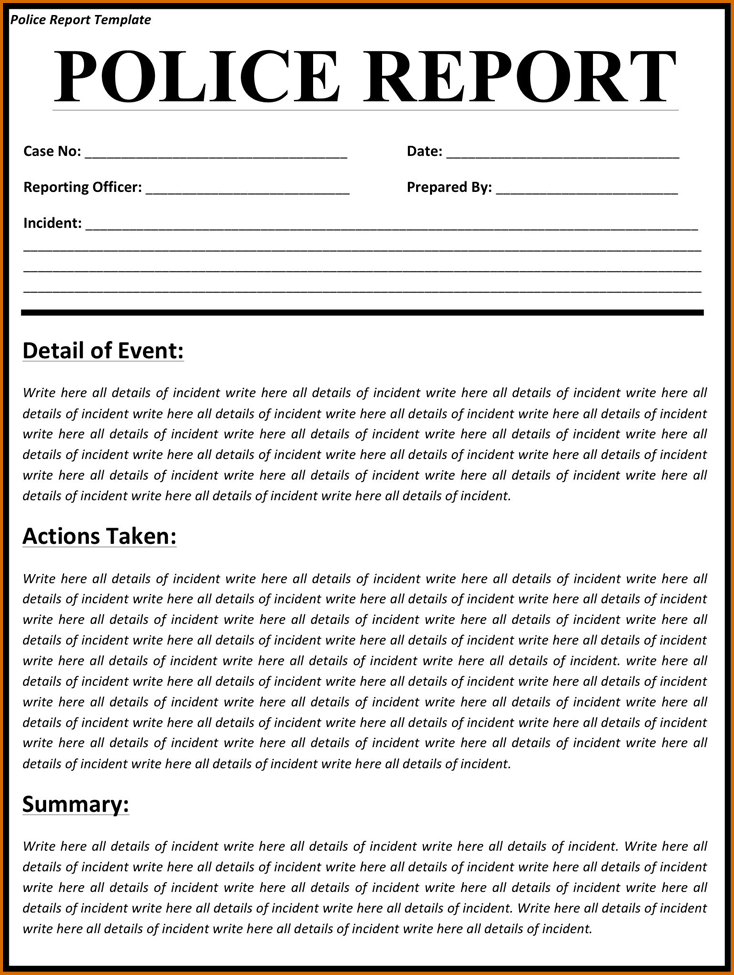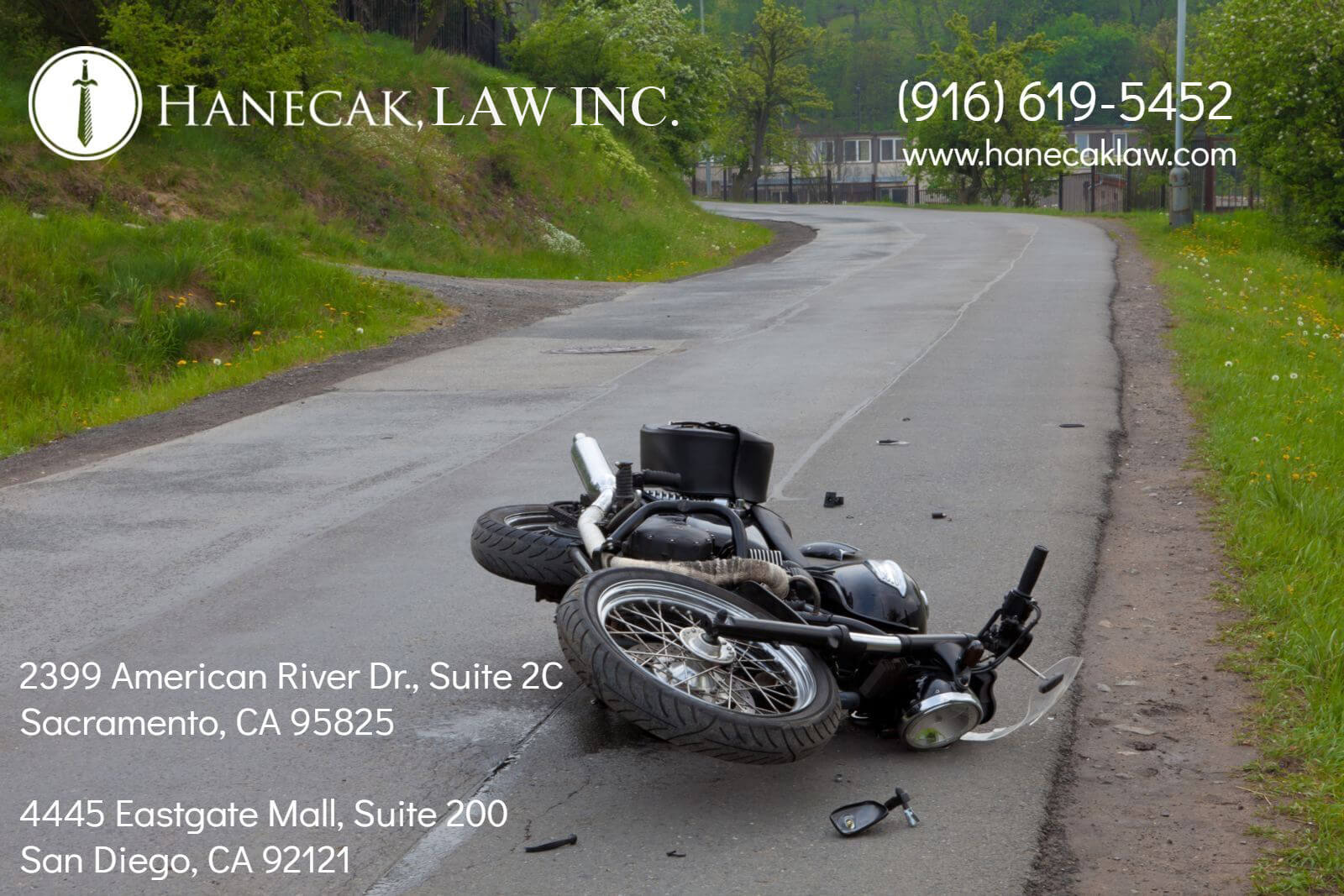The California Highway Patrol reported a fatal car accident on early Sunday morning where two female passengers were trapped and killed in a burning car.
At around 12:40 a.m. on Sunday morning, a black Chevrolet sedan traveling on the 15th Street ramp to Highway 50 Westbound veered off the right side and into dirt.
The vehicle then collided with a concrete side post foundation, became airborne and rotate 180 degrees before landing. The car then became engulfed in flames. Both occupants were unable to exit the vehicle and died at the scene.
What to do if your car catches fire
Car fires don’t happen all that frequently, but when they do it is a deadly emergency. The U.S. Fire Administration reported that in 2016, firefighters responded to 204,000 car fires.
While some car fires can be caused by a car accident, they are usually caused by a vehicle’s electrical wiring, fuel system, or even cigarettes left in the car. Any of these can lead to your engine catching fire. You should have these systems checked out during each service call.
What are warning signs my car may catch fire?
• Fuses that blow regularly
• Spilled oil under the hood after an oil change
• Oil or other fluids leak under your vehicle
• Loose or cracked wiring
• Loud sounds from the exhaust
• Rapid changes in fuel level, oil levels, or engine temperature
• Missing cap from the oil filler
• Broken or loose hoses
What to do if you have a vehicle fire
The National Fire Protection Association recommends these steps if you’re driving and a fire starts:
Put on your turn signal, and immediately move to the closest safe place to stop. This can be a side lane or median.
• Stop the car and turn off the ignition
• Get everyone out of the car and don’t let anyone return for personal items
• Move as far away from the burning vehicle to avoid toxic flames (at least 100 feet)
• Keep bystanders back
• Call 911
• Safely try to alert oncoming traffic
It’s not recommended that you try to put the fire out yourself. Opening the hood or car doors can accelerate the fire because of the extra air supply.
Make sure that you take pictures of the damage and collect names and phone numbers of witnesses. Ask firefighters if it is ok to remove your personal belongings from the vehicle. You will want to contact your car insurance company immediately to let them know what happened.
Late Night Driving Safety Tips
According to the National Highway Traffic Safety Administration (NHTSA), road fatalities triple during the night. The line of vision is drastically reduced at night and gives us very little time to stop. Although headlights help us see, low beams stretch about 160-250 feet in front of your car, while high beams are 350-500 feet. If you’re going 60 mph, it will take you more than 200 feet to stop.
Speeding and distracted driving are two of the main culprits for car accidents. However, alcohol becomes a much bigger factor late at night. Most fatal car accidents involving alcohol happen later at night or in the early hours of the morning. If you plan to go out, make sure you have a ride to and from your destination.
Here are a few other tips that help late night driving safer:
• Aim your headlights (check your owner’s manual for how to aim them correctly)
• Dim instrumental panel and dash lights
• Don’t wear the wrong glasses
• Learn how to spot animal’s eyes reflecting down the road
• Don’t stare at oncoming lights
• Polish the outside of your windshield with a newspaper
• Try not to touch the windows inside with your hands
• Keep your eyes healthy
• Add fog lights or other auxiliary lights
If you’re driving to an area that you aren’t familiar with, make sure to look at the directions beforehand to give yourself an idea of what you’ll be looking for. This will also help with any immediate stops or quick turns.






